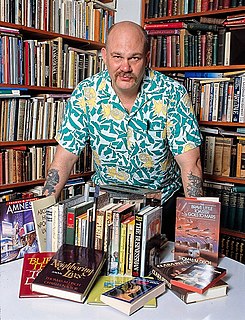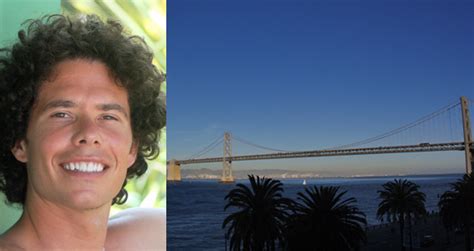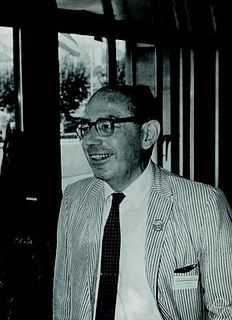A Quote by Kenneth E. Boulding
The organization of science into disciplines sets up a series of ghettos with remarkable distances of artificial social space between them.
Quote Topics
Related Quotes
The Stars. Jared slept beneath them, uneasy in the rustling leaves. From the battlements Finn gazed up at them, seeing the impossible distances between galaxies and nebulae, and thinking they were not as wide as the distances between people. In the study Claudia sensed them, in the sparks and crackles on the screen. In the prison, Attia dreamt of them, She sat curled on the hard chair, Rix repacking his hidden pockets obsessively with coins and glass discs and hidden handkerchiefs. A single spark flickered deep in the coin Keiro spun and caught, spun and caught.
When we consider the close connection between science and industrial development on the one hand, and between literary and aesthetic cultivation and an aristocratic social organization on the other, we get light on the opposition between technical scientific studies and refining literary studies. We have before us the need of overcoming this separation in education if society is to be truly democratic.
When people think that moral problems can be solved by some simple strategy of calculation, that sets them up for ghastly overreaching. They think they can turn everything into a "science" the way mechanics was turned into a science in the seventeeth century. They want to turn everything over to technocrats and social engineers. They become shortsighted or simplistic about their ends, and they disastrously overestimate their ability to acquire the information they need to make the needed calculations.
In 1980, during my sophomore year at MIT, I realized that the school didn't have a student space organization. I made posters for a group I called Students for the Exploration and Development of Space and put them up all over campus. Thirty-five people showed up. It was the first thing I ever organized, and it took off!
In fact it is remarkable that this theory has had progressively greater influence on the spirit of researchers, following a series of discoveries in different scholarly disciplines. The convergence in the results of these independent studies—which was neither planned nor sought—constitutes in itself a significant argument in favor of the theory.
In the post-enlightenment Europe of the 19th century the highest authority was no longer the Church. Instead it was science. Thus was born racial anti-Semitism, based on two disciplines regarded as science in their day - the 'scientific study of race' and the Social Darwinism of Herbert Spencer and Ernst Haeckel.
But I looked out at the waves far below the bluff. They looked violent, erupting against the cliff. I watched them rising - up, up, higher, higher - then falling, crashing, swirling into chaos, passing away. I breathed deeply. I tried to breathe space between my thoughts, find the space between the anger.
Statistics is the most important science in the whole world: for upon it depends the practical application of every other science and of every art: the one science essential to all political and social administration, all education, all organization based on experience, for it only gives results of our experience.
The remarkable insights that science affords us into the intelligible workings of the world cry out for an explanation more profound than that which itself can provide. Religion, if it is to take seriously its claim that the world is the creation of god, must be humble enough to learn from science what that world is actually like. The dialogue between them can only be mutually enriching.





































